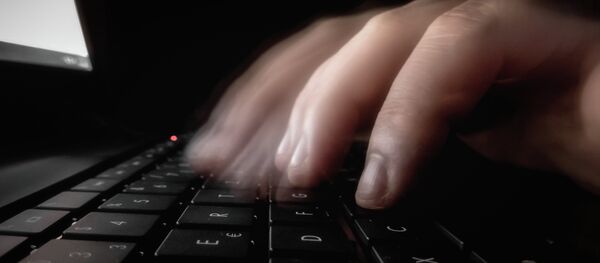While we have, for more than a decade, covered the extreme vulnerabilities of voting machines and electronic tabulators and broken numerous exclusive stories about it on both The BRAD BLOG and The BradCast, my guest on today's show offers a number of additional ways — some of which had largely never even occurred — by which bad actors could disrupt U.S. elections.
"Attackers could potentially get in and do these things and it would be very hard to prove. The scary part is, by the time any of this is worked out, the election is over with, so it's too late," he tells me. I ask him how elected officials in his home state of Texas — much of which forces voters to use 100% unverifiable electronic voting systems — react when he points out these concerns. "We've brought that up multiple times, but that seems to be the powers that be, how they want to do things."
Gregg, who I've never spoken to previously, concludes, as I have, that paper ballots (hand-marked and hand-counted, in my case) are the most secure way to run elections. "I agree with you 100%," he says. "If you have a paper-based system, it's very very hard to attack; it's very much easier to be able to detect those types of things."
As to Internet Voting, well, you'll want to tune in for this computer security professional's opinion on whether or not the Internet can ever be secure enough to use for the most important aspect of our representative democracy.

